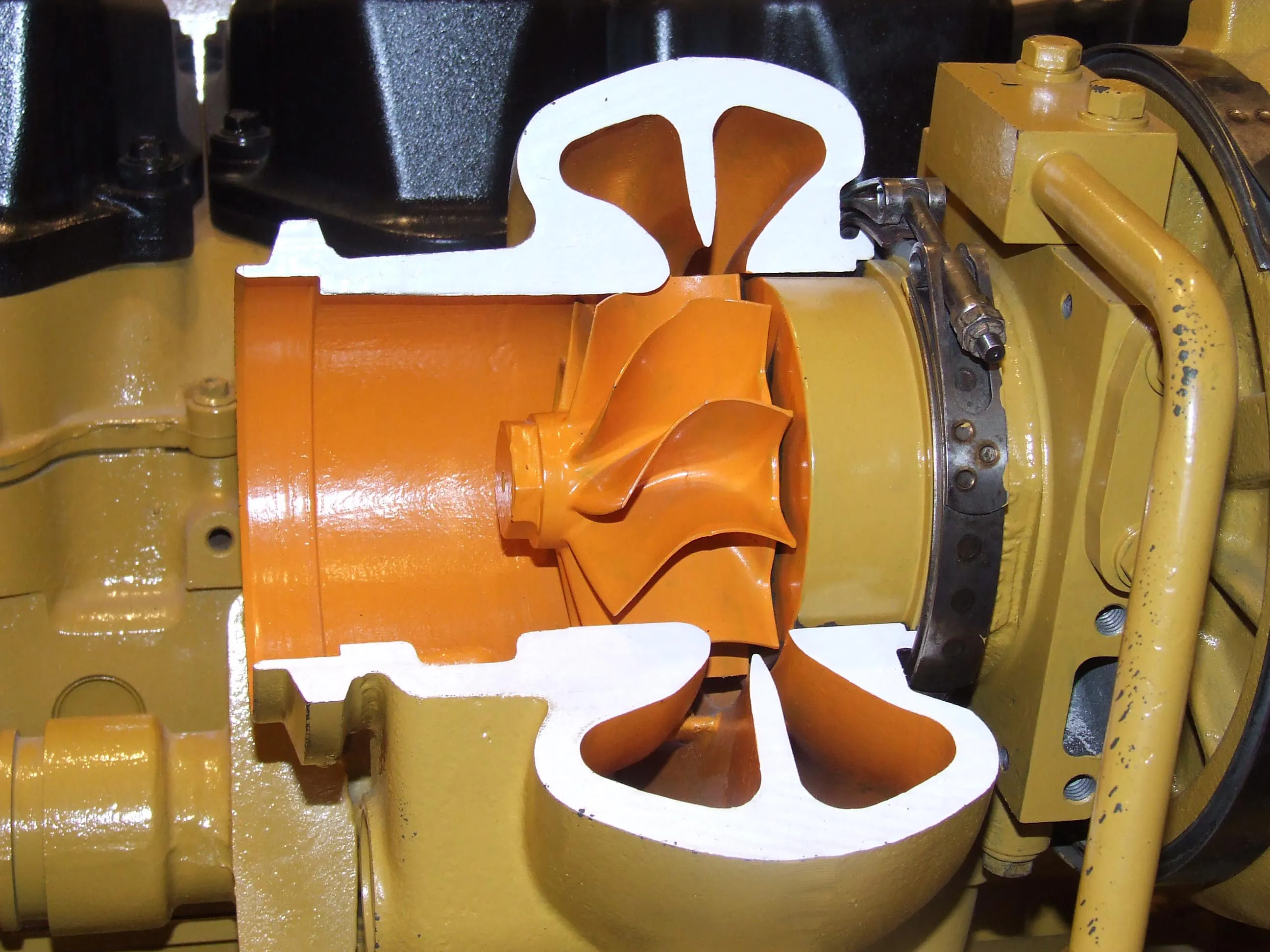Criticisms have been made in Europe over the policy aimed at cutting the EU's transport emissions by 60% by 2050.
February 28, 2012
Read time: 1 min
Criticisms have been made in Europe over the policy aimed at cutting the EU's transport emissions by 60% by 2050. This policy has been revealed as being somewhat optimistic by a majority of Europe's transport ministers. The EU's 27 transport ministers have said that the 2465 European Commission's proposals to cut transport emissions by 60% in 2050 compared to levels recorded in 1990 should not affect commercial competition with either Asia or North America. The issue is a contentious one. While Europe's politicians see the need to reduce the impact on the environment by the transport sector, they have recognised that this could deal a blow to Europe's economic interests. A move away from reliance on fossil fuels is seen as key to a reduction in transport emissions. However, with no single technology yet proving sufficiently robust to provide an assured long term solution, the 60% reduction in transport emissions by 2050 will have to be regarded as a desirable aim rather than a set target.







